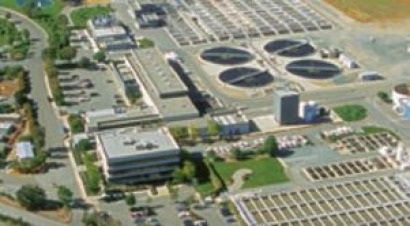
SoCalGas is part of a consortium conducting the pilot, which will be required to share the cost at a minimum of 50 percent in order to receive federal funds. The consortium is being led by the Water Environment & Reuse Foundation.
A news release from SoCalGas stated the project will use hydrothermal processing technology to convert wastewater solids into biocrude and methane gas. The biocrude oil replaces fossil oil, providing green fuels with nearly zero net new carbon emissions. The methane gas can be used in the same ways as fossil natural gas.
The Central Contra Costa Sanitary District, near Oakland, California, will host the pilot system. In addition to WE&RF, which represents many of the 16,000 wastewater systems in the U.S, the consortium also includes Genifuel Corp. with technology from DOE's Pacific Northwest National Laboratory, Merrick & Co., Tesoro Corp., Metro Vancouver, MicroBio Engineering, Brown and Caldwell, and over a dozen utility partners.
Jeff Reed, SoCalGas' director of business strategy and advanced technology, said, "This new technology could have an enormous impact on energy and waste. Converting the wastewater solids produced by treatment plants in the U.S. with hydrothermal processing could produce about 128 billion cubic feet of natural gas per year and save treatment utilities $2.2 billion in solids disposal costs.”
For additional information:

